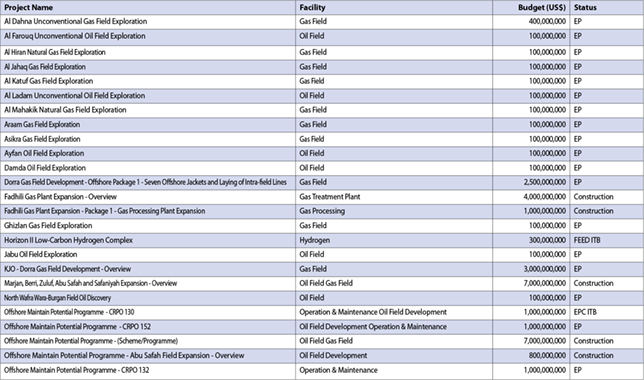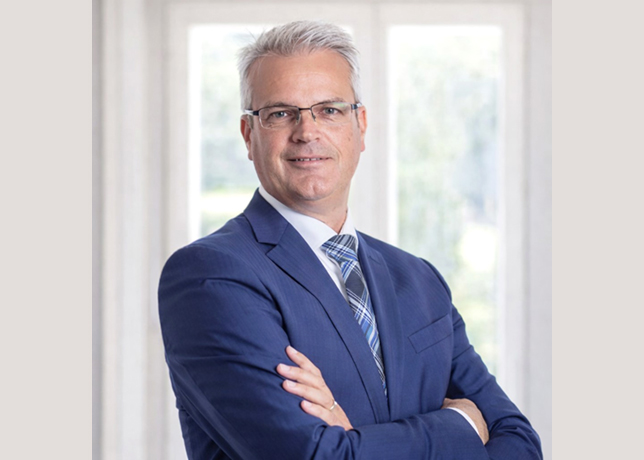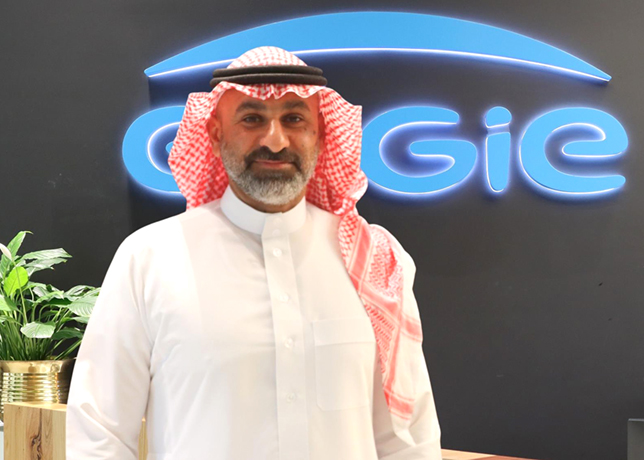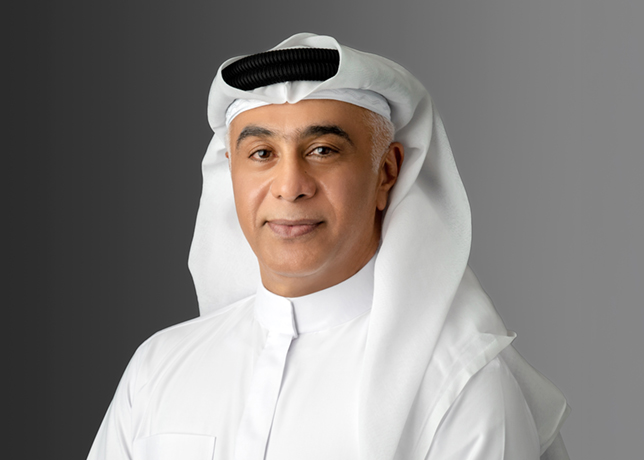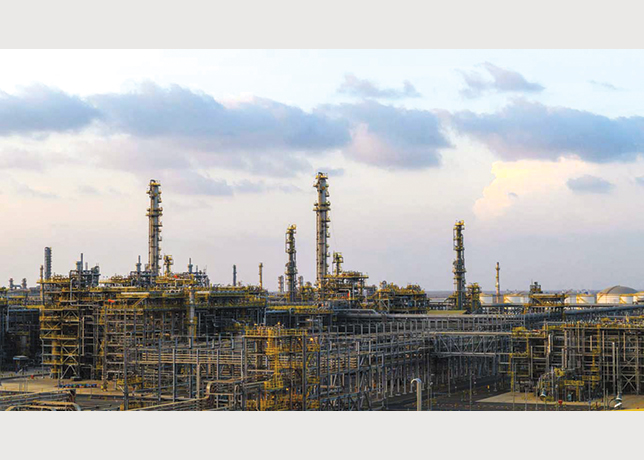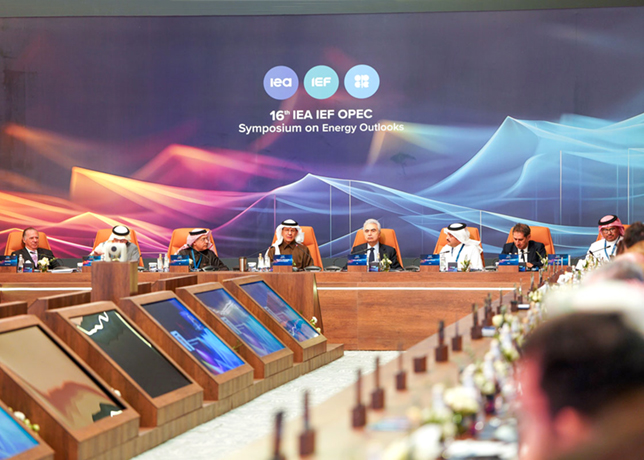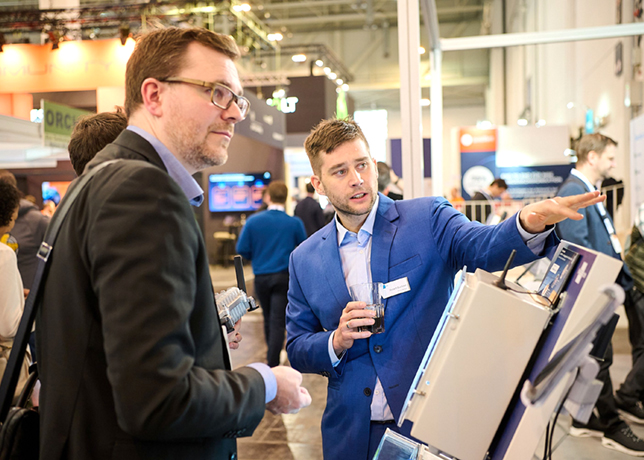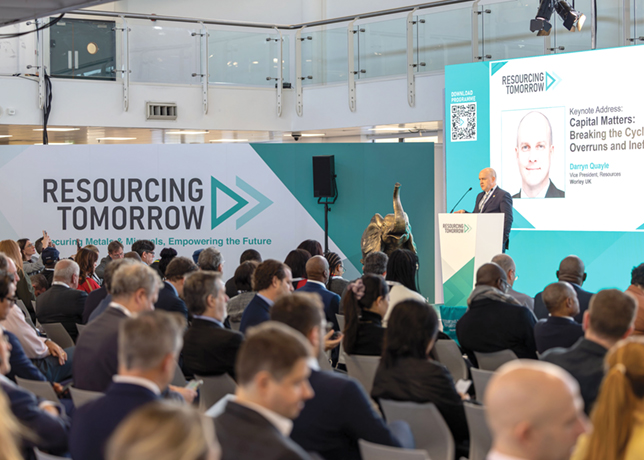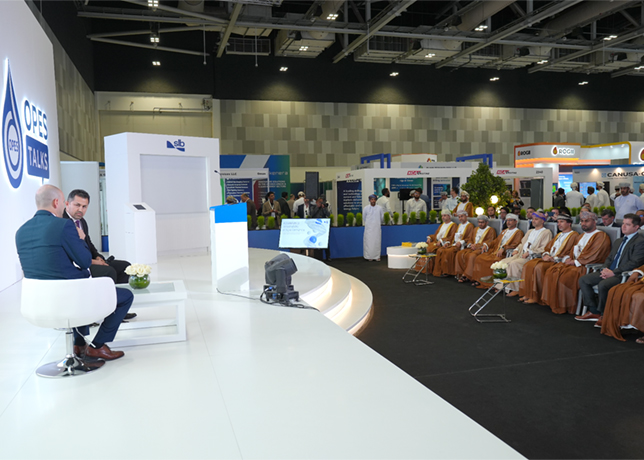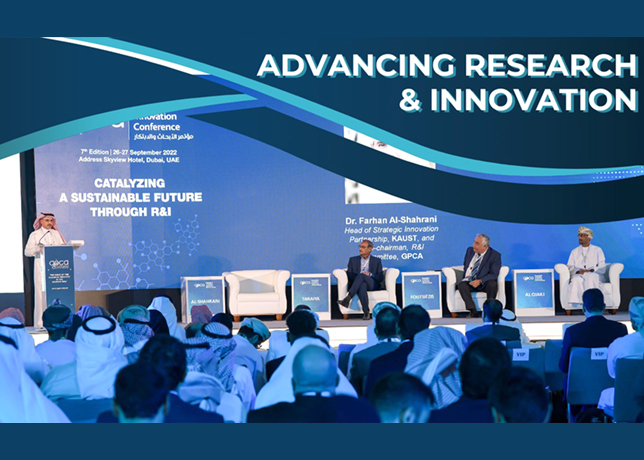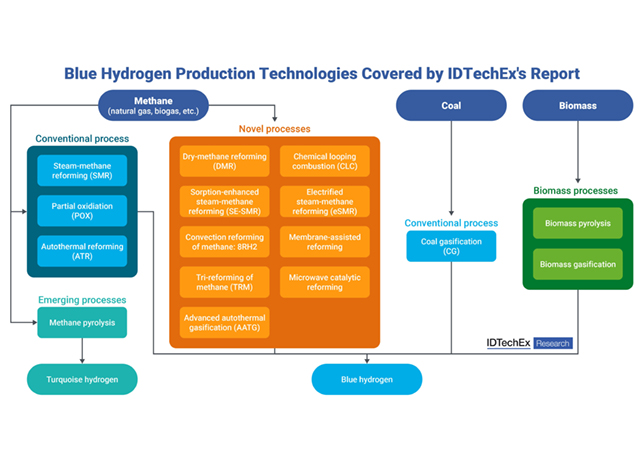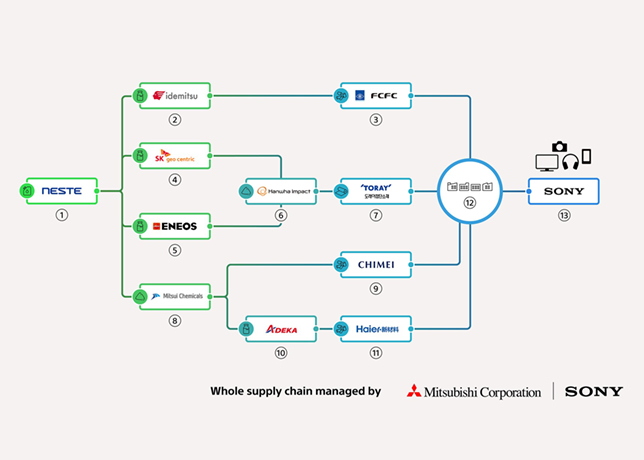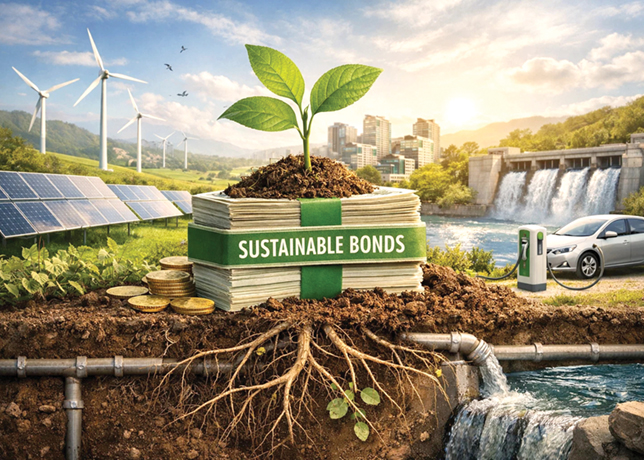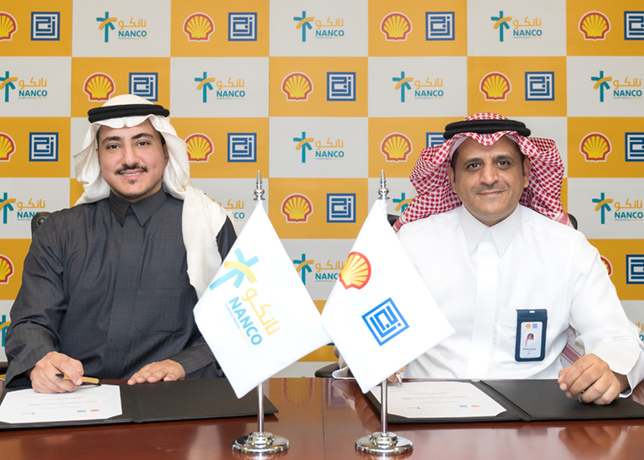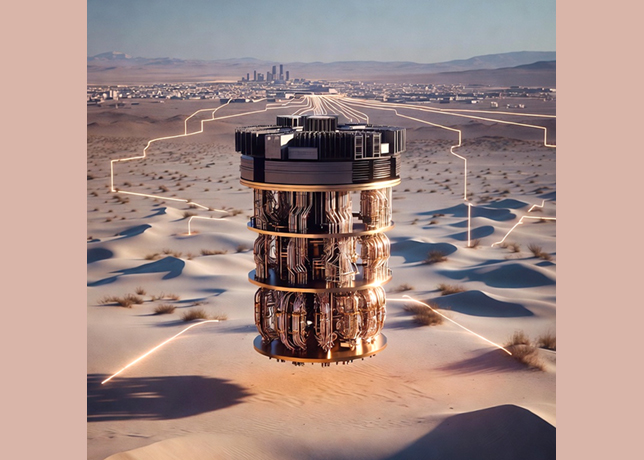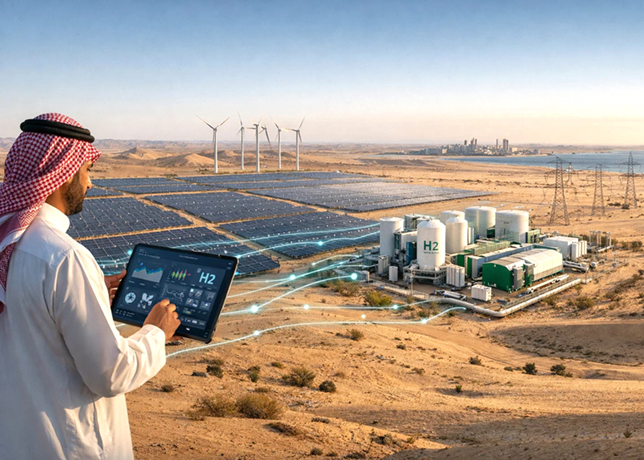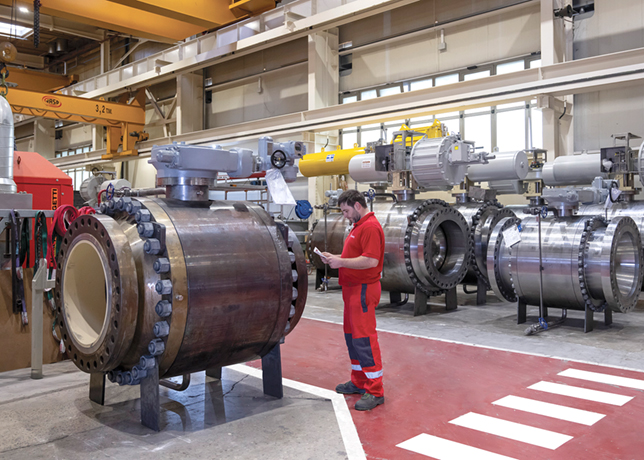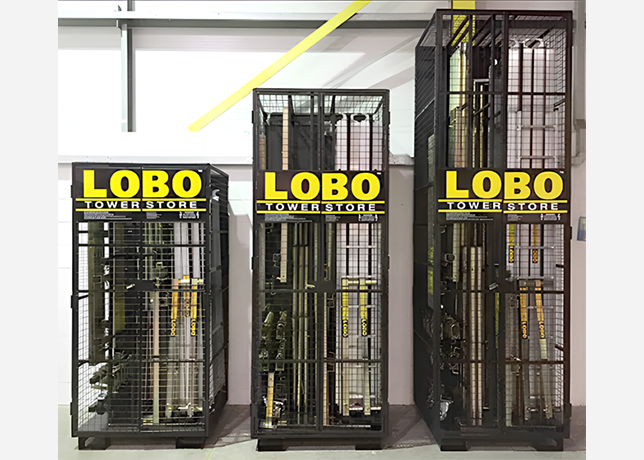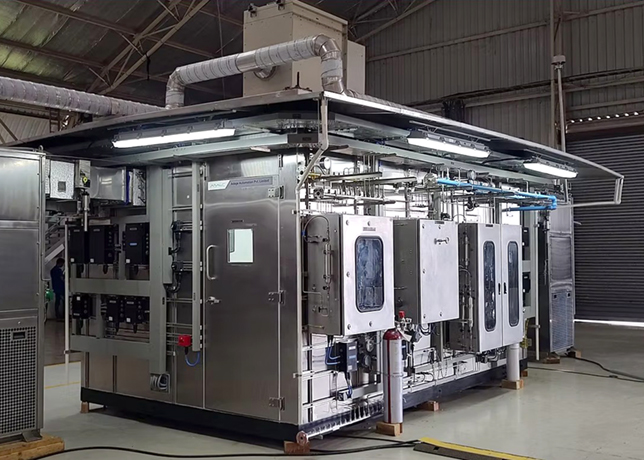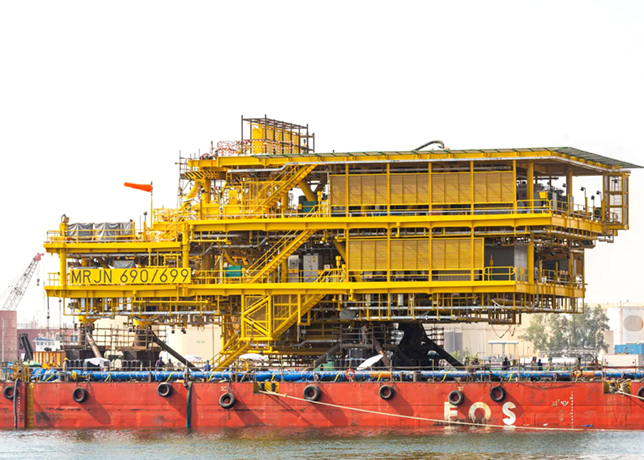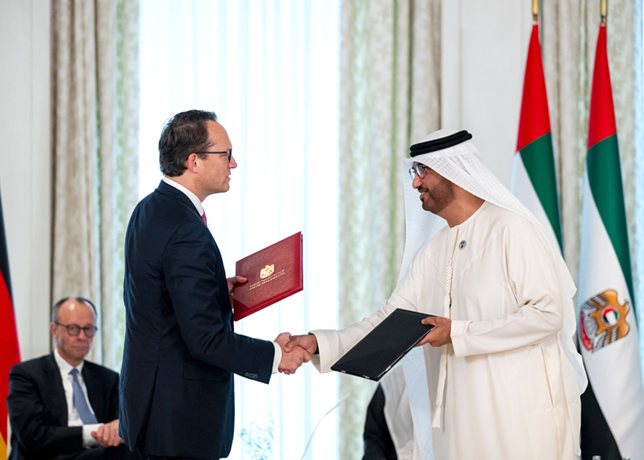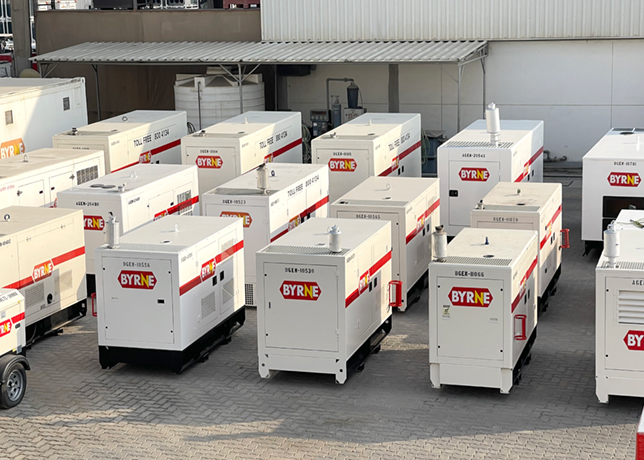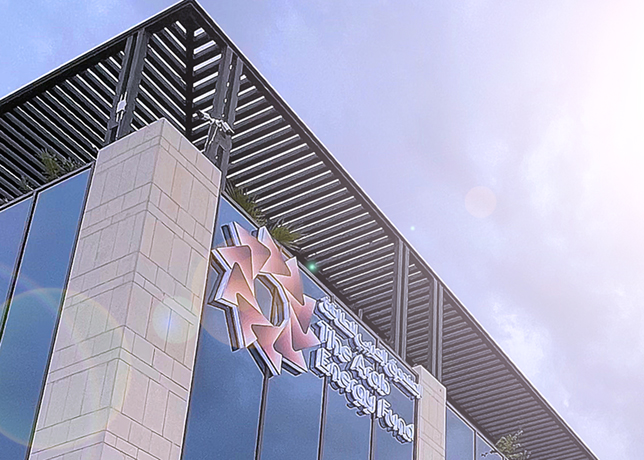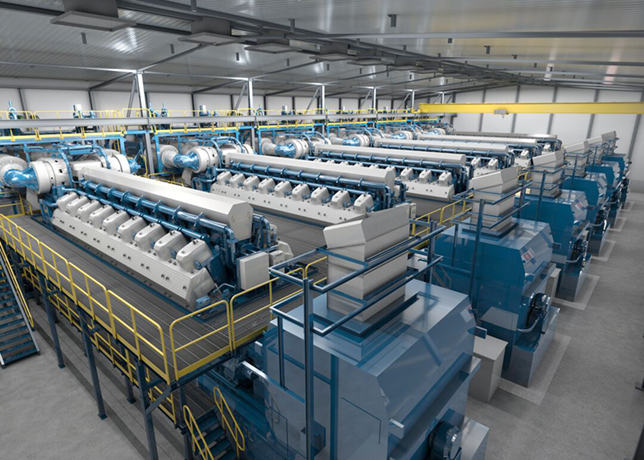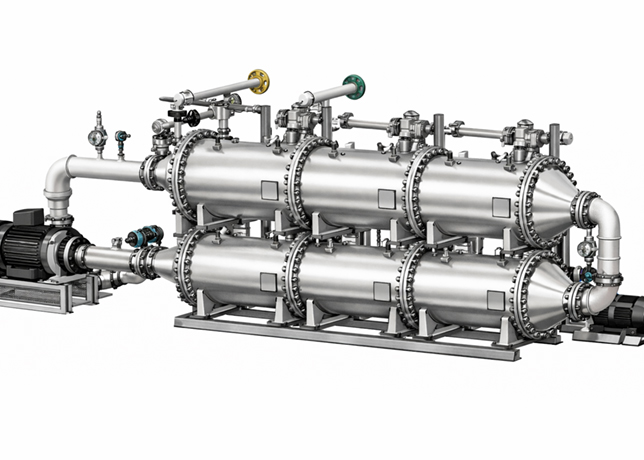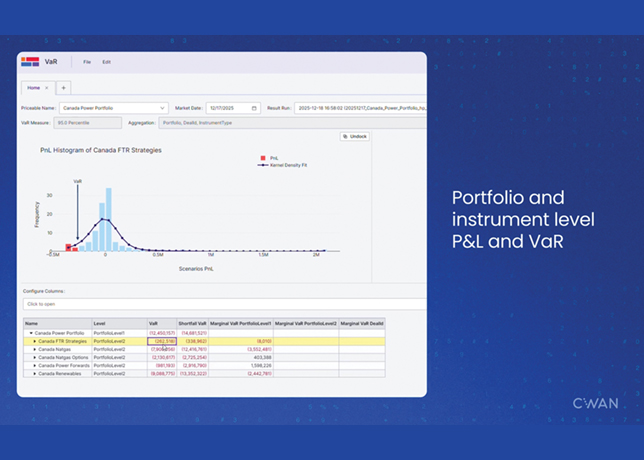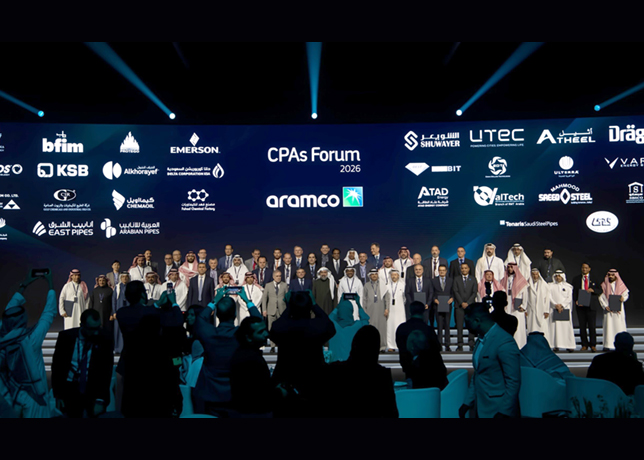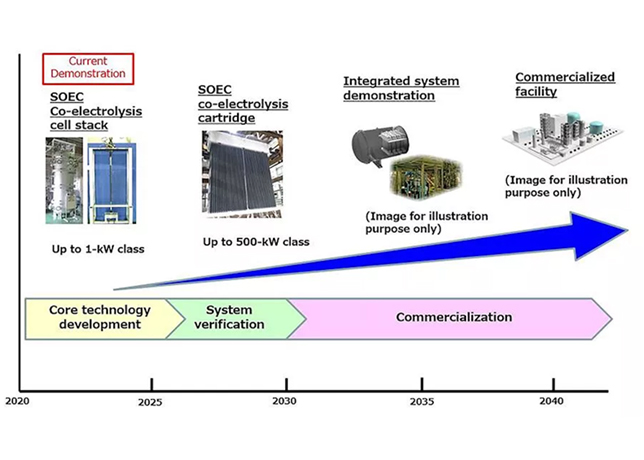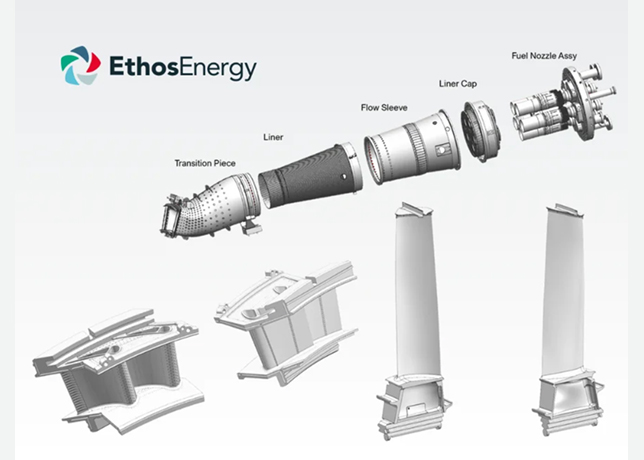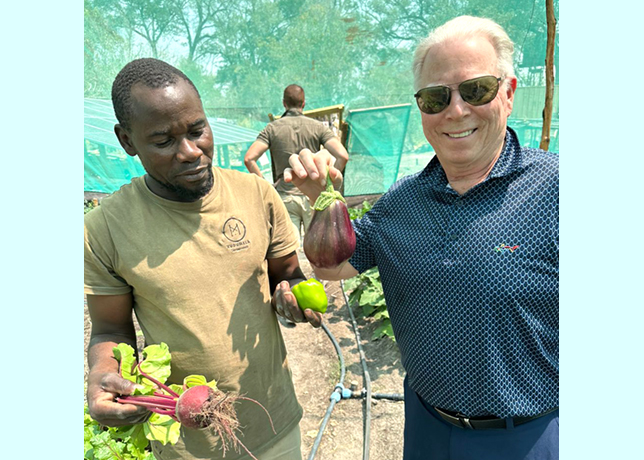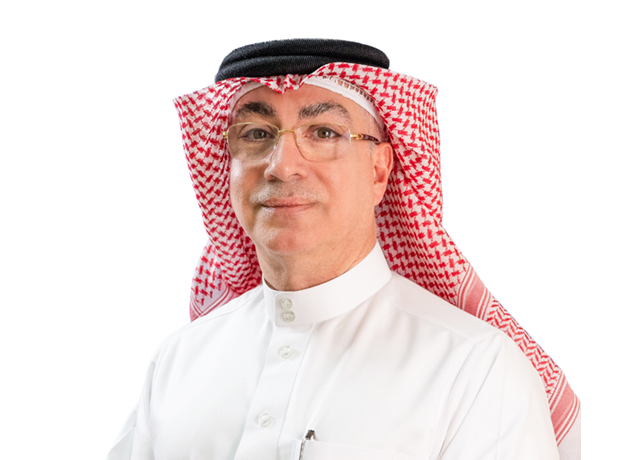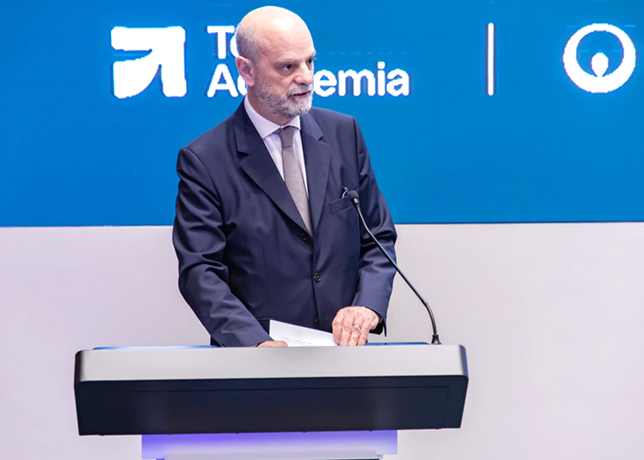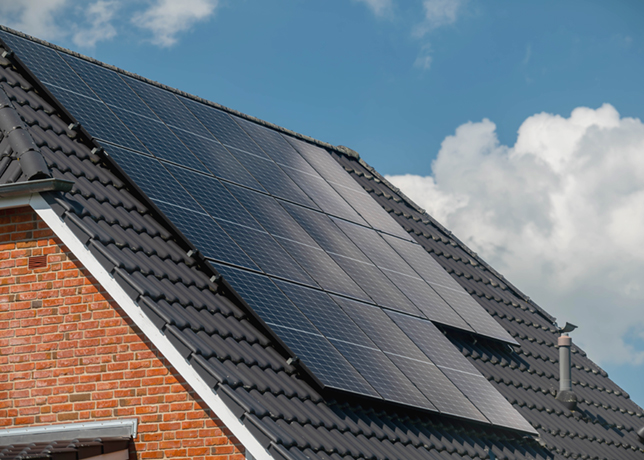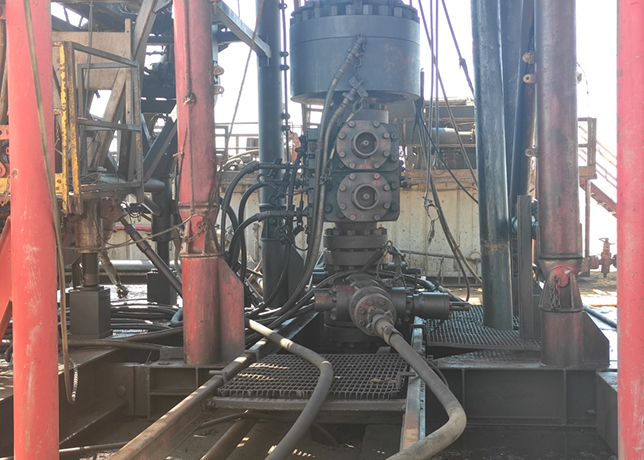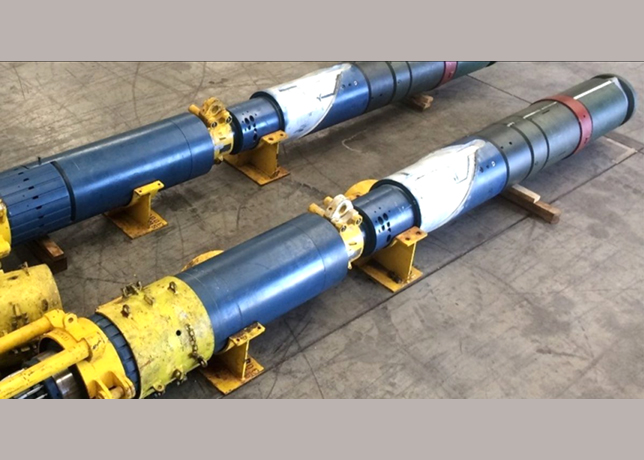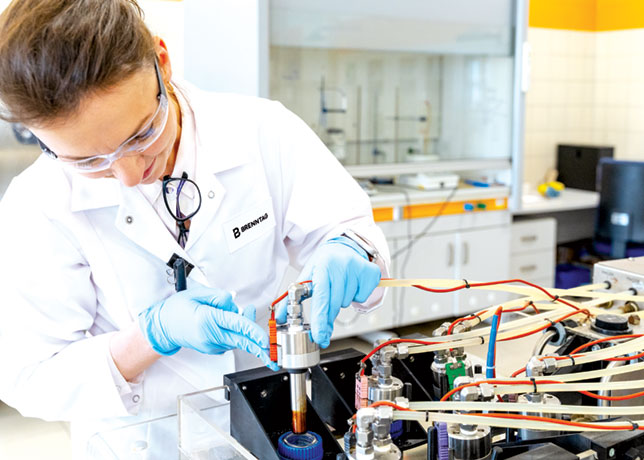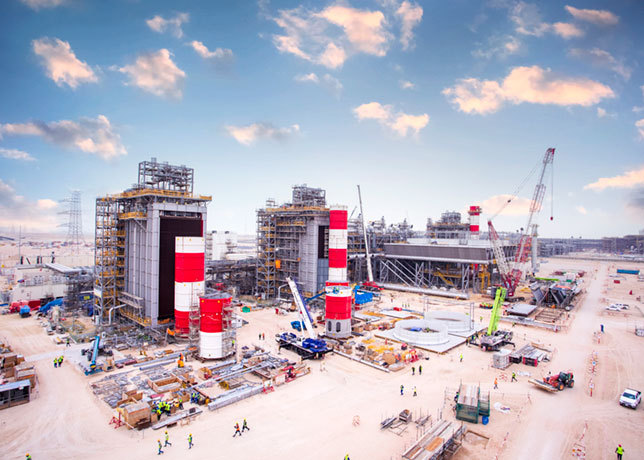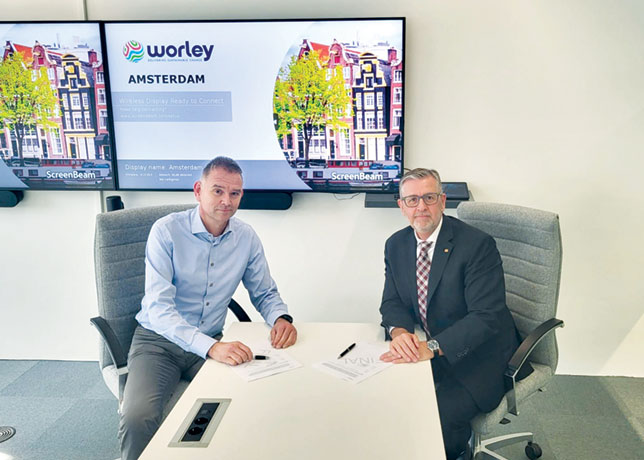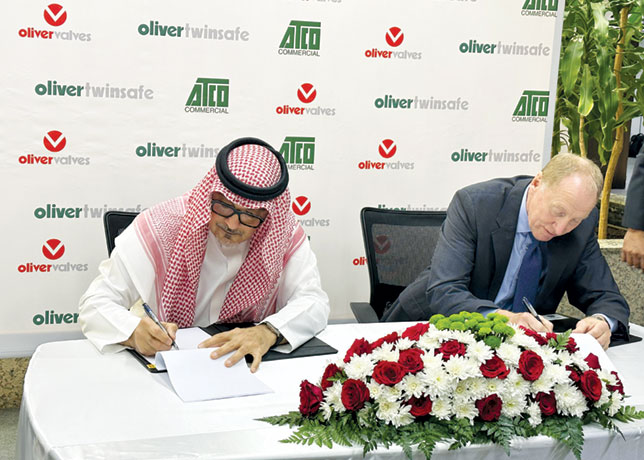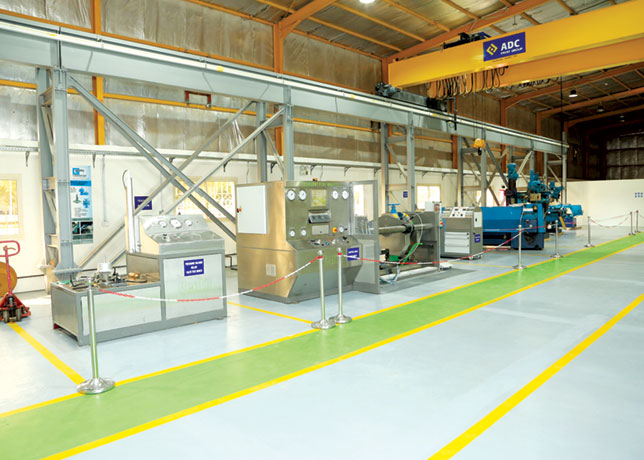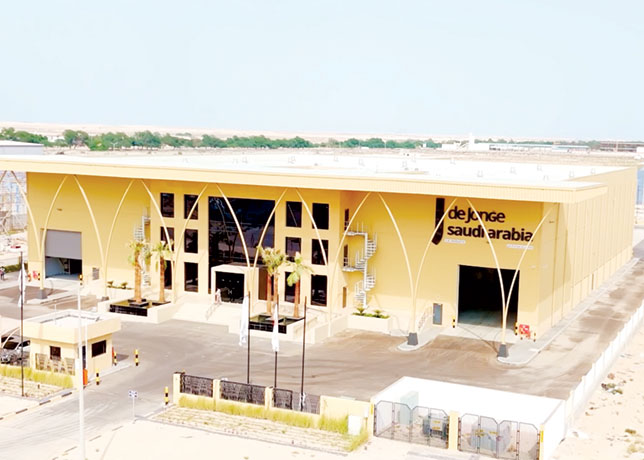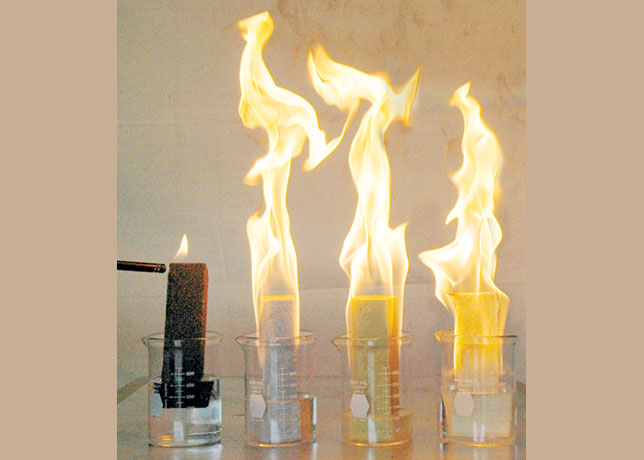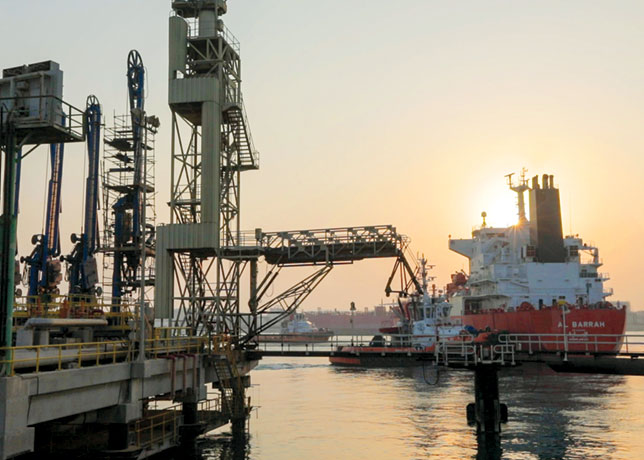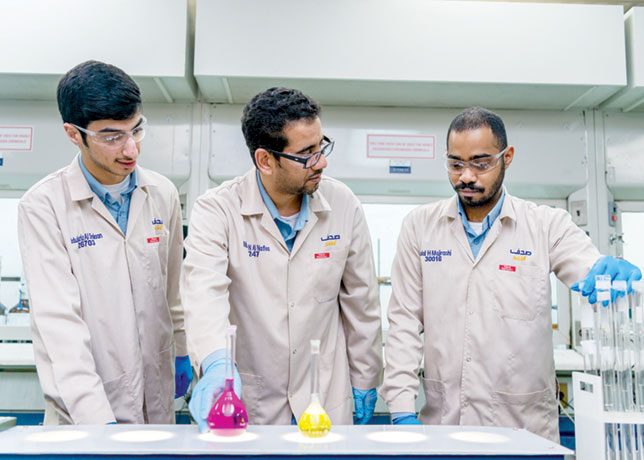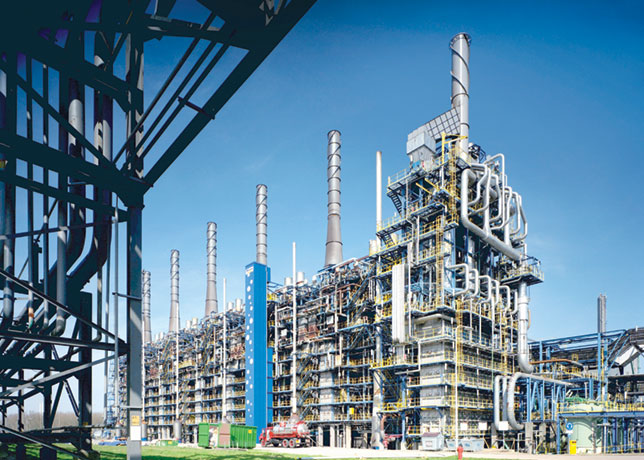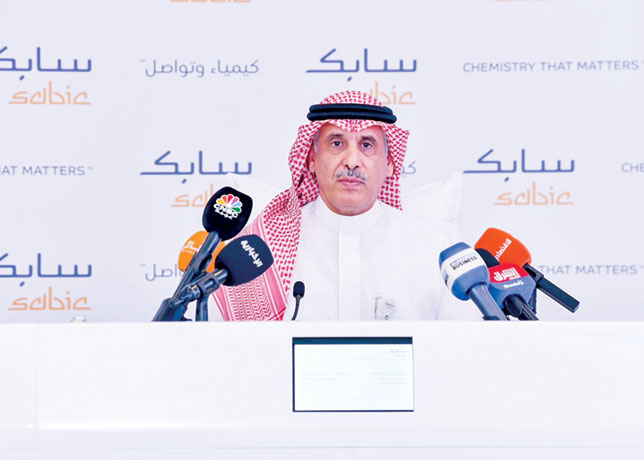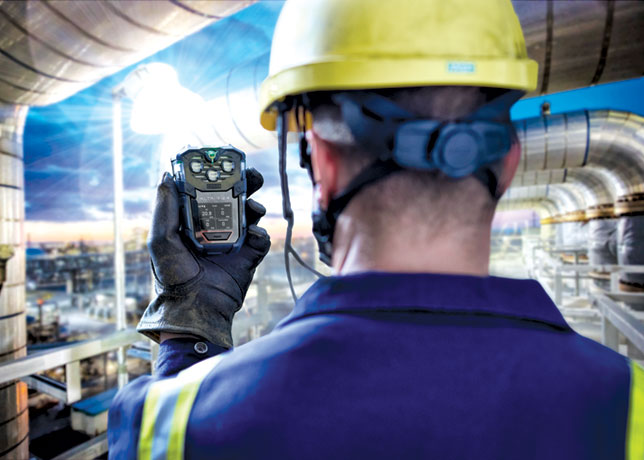
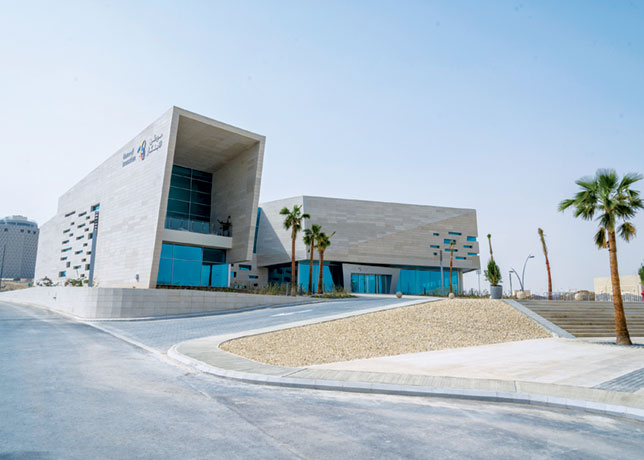 SABIC's Home of Innovation Center in Riyadh
SABIC's Home of Innovation Center in Riyadh
The global imperative to combat climate change has placed industrial decarbonisation at the forefront of corporate strategies worldwide.
In this pivotal landscape, SABIC, a global leader in diversified chemicals, has set a resolute course towards achieving carbon neutrality across all its operations by 2050.
This ambitious commitment, announced in 2021, underscores the company's proactive stance in addressing environmental challenges and driving sustainable practices within the chemical sector.
It is a journey propelled by significant investments in groundbreaking technologies, a relentless pursuit of operational efficiencies, and strategic partnerships aimed at redefining the industry's environmental footprint.
SABIC's roadmap to net-zero is not merely an aspiration but a tangible plan, reflecting a deep understanding of the complex interplay between industrial growth and ecological responsibility.
DRIVING DECARBONISATION THROUGH INNOVATION AND EFFICIENCY
SABIC's journey towards carbon neutrality is underpinned by a multi-faceted approach, focusing on innovation in production processes and the deployment of advanced technologies.
A cornerstone of this strategy is the shift towards cleaner energy sources and more efficient manufacturing assets.
The company is actively exploring and investing in technologies that reduce direct greenhouse gas (GHG) emissions from its operations.
A notable example is the pioneering work on an electrically heated steam-cracking furnace, a critical component in olefin production.
This innovative technology aims to significantly reduce the carbon intensity of a historically energy-intensive process by replacing fossil fuels with electricity, ideally from renewable sources.
Furthermore, SABIC is enhancing its existing assets with energy efficiency improvements and optimising operational parameters to minimise energy consumption and associated emissions.
The company's commitment extends to exploring carbon capture, utilisation, and storage (CCUS) solutions, recognising their vital role in abating emissions from hard-to-decarbonise industrial processes.
Through strategic partnerships, such as those with Aramco, SABIC is progressing projects that aim to capture CO2 from industrial sources and convert it into valuable products or safely store it, demonstrating a circular approach to carbon management.
Beyond operational transformations, SABIC's TRUCIRCLE™ portfolio plays a crucial role in its decarbonisation efforts by promoting circularity and responsible consumption.
This comprehensive portfolio encompasses certified circular products derived from advanced recycling of mixed plastic waste, certified renewable polymers from bio-based feedstock, and solutions designed for recyclability.
By offering products with a lower carbon footprint and encouraging the reuse and recycling of materials, TRUCIRCLE™ contributes indirectly to reduced emissions across the value chain.
For instance, the use of certified circular polymers derived from pyrolysis oil, a product of chemical recycling, helps to displace virgin fossil-based materials, thereby lowering the embedded carbon.
Similarly, the development of lightweight materials and solutions that improve energy efficiency in end applications, such as in the automotive or construction sectors, further supports the broader decarbonisation agenda.
SABIC’s focus on sustainable product design and stewardship aims to create a ripple effect, encouraging more environmentally conscious practices throughout the entire lifecycle of its products.
This holistic approach, combining direct emission reductions with value chain engagement, positions SABIC as a proactive leader in the transition towards a low-carbon economy.
The progress made in 2024, including the start-up of advanced recycling facilities and the development of new low-carbon solutions, signifies tangible steps on this ambitious pathway.



